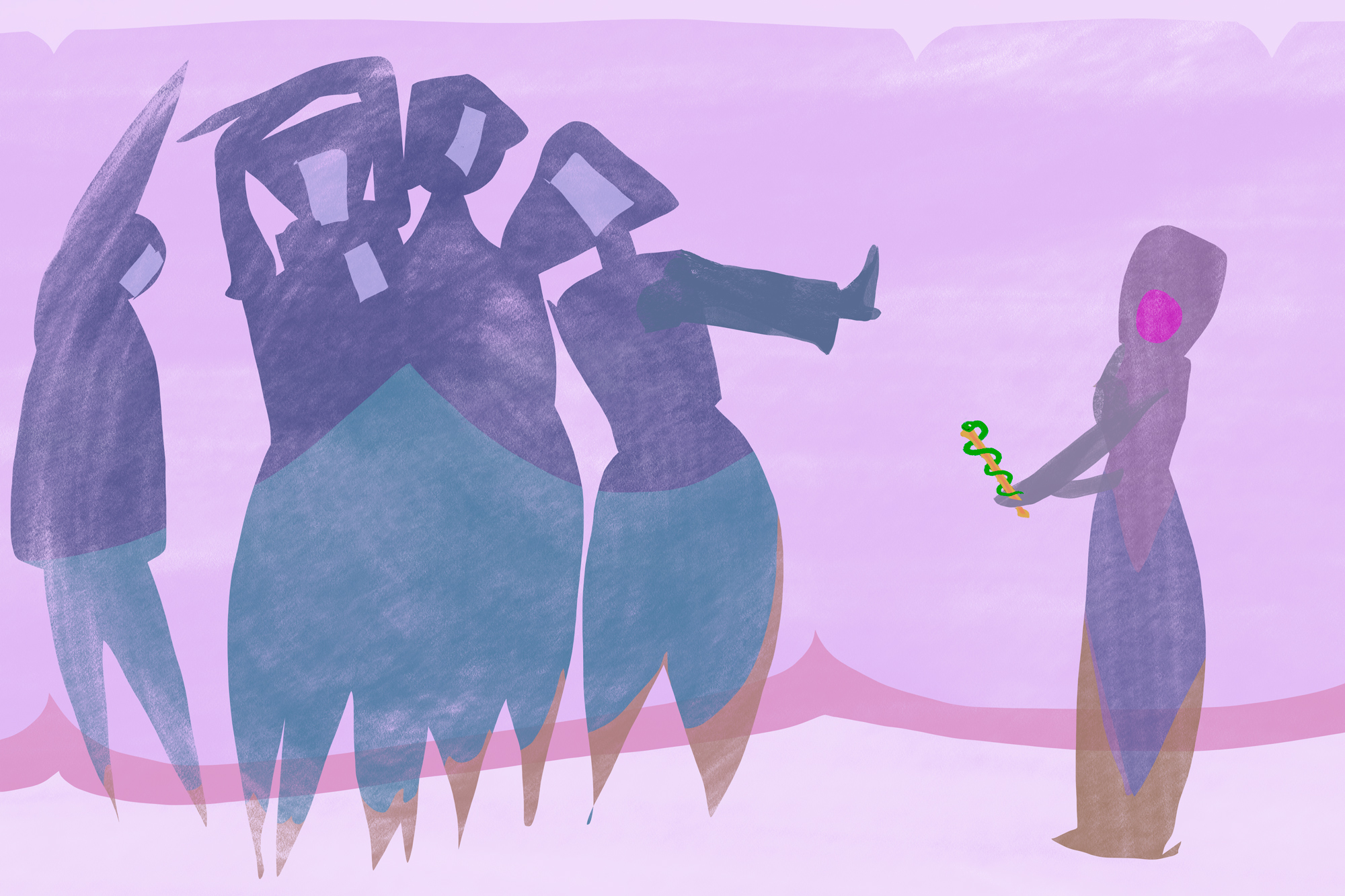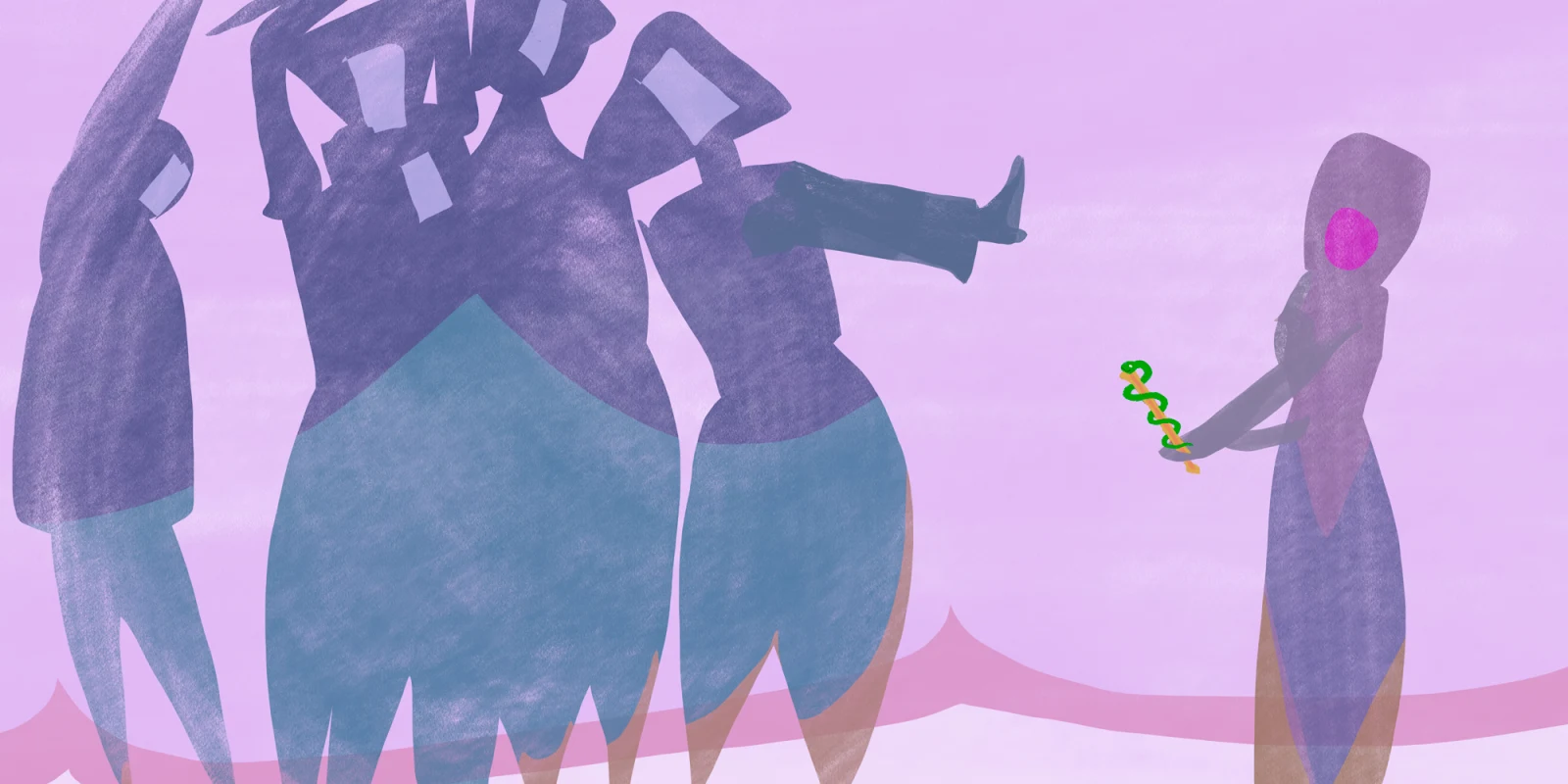 I had a bad day today.
I had a bad day today.
I was on a Saturday shift, cross-covering two teams. It was a busy morning. A lot of patients were discharged home in perfect condition. A lot of patients got admitted and were seen quickly. A lot of pages were answered and acted upon. None of my patients died or stopped breathing. None of the patients got a terrifying new diagnosis. No questions were left unanswered. Our patients had a relatively good day.
But I still had a bad day.
In medical school, they teach us to put ourselves in our patients’ shoes. We learn to empathize and we do. Parents mistreat us, but we understand that they are scared and worried, and we do not take it personally. We are asked to pause our work because a patient has questions about the plan even after we explained it several times. But that’s OK because medicine is complex; they are part of the team, and we understand that they are scared.
But I am scared too, and my shoes are yet to be stood in.
As an intern, I am not on autopilot quite yet. With every page I get, an algorithm of complex emotions happens leading to a response — triage, decide, act, reflect, worry, and seek reassurance. I am still learning to assimilate data in an efficient manner — factoring patient outcomes, available resources, medical urgency, and my knowledge, comfort level, and time into every NPO order, lab result, medication change, clinical change, and parental concern.
Despite this, patients think of me as a messenger, not a decision-maker. But I went into the room of a patient with a swollen arm, and decided that this was urgent. I decided to check her cap refill and her ability to grasp my hand. I decided to check her pulse and look for signs of compartment syndrome because I decided that was something I needed to rule out. I decided that I needed my senior to come take a look as well. And I decided that I will take deep breaths and not let my emotions be seen by a rude and condescending parent just because she was scared. But then I left the room and cried, because the patient was not satisfied with how I processed the algorithm.
All of these decisions were made, and yet I was called a “mushroom” by the parent because she was using me as a messenger to get her plans and ideas across to the real doctors.
I was a middleman, a mushroom, overshadowed by much larger trees. Though I did not take it personally, I probably should have. Patients have rights and use advocates for that, and I respect that with no reservations.
But we too, as physicians, should have the right to be offended and to refuse to be treated with disrespect. We do not call our patients names, we do not undermine them or belittle them or their families, and we do not threaten them. I expect these individuals whom we have dedicated our mission and purpose to, to do the same for us. In fact, with two, five, or 10 years of experience with their children, I expect parents to have more resilience than us — more patience and more experience in dealing with difficult situations.
I had a bad day today, unlike many of my patients.
I believe it is time to foster a culture of reciprocal empathy, a "do no harm" to physicians, nurses, other health care clinicians, and staff. I wish to be respected and empathized with, with a smile back to help my day improve, because I too, am scared.
Sarah Chamseddine is a first-year pediatrics resident at Children's Hospital of Pittsburgh. She plans to pursue a fellowship in Infectious Diseases.
Illustration by Jennifer Bogartz







